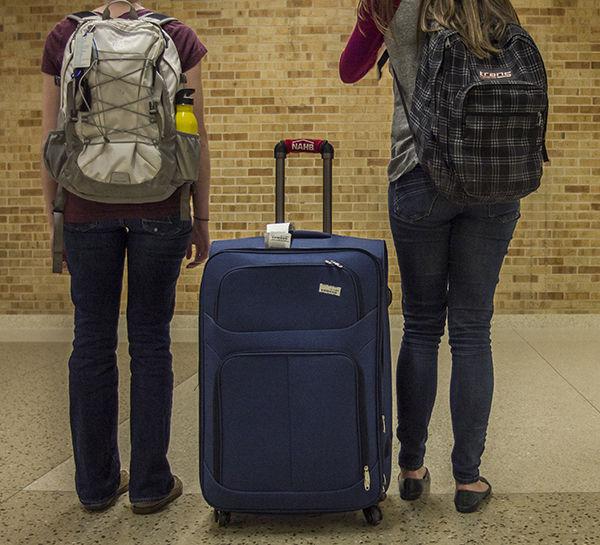It’s summer application season. Students will pursue a wealth of internships, summer counseling positions and study abroad programs. As you plan your own summer, think about this: more and more students are shunning summer jobs and the beaches for the opportunity to travel overseas and volunteer their time working in orphanages, summer camps and community housing projects.
It’s called “voluntourism,” and more than 1.6 million voluntourists are spending $2 billion a year, according to the think tank Tourism, Research and Marketing, which tracks this developing industry.
For most, these vacations are a promise of exotic adventure coupled with charity. Voluntourists give up a week or two of their summer to travel to another continent to work, but a growing faction of activists is questioning the effectiveness of these short-term stints.
These development activists are asking for a smarter approach to international aid. Boniface Mwangi, a Kenyan photojournalist and activist, recently addressed a group of Duke University students considering volunteering overseas. When asked why they wanted to travel thousands of miles to volunteer, most answered, in some form, that they saw the greatest need there. Mwangi’s response was biting: “My concern is that as you try to save the world you are neglecting issues at home.”
For most college students, however, this bite-size humanitarianism is too easy an equation to ignore: a little time in a suffering community grants a lot of moral reward and cultural understanding.
But the real challenge presents itself when these voluntourists set out to achieve what they claim is their principal objective — to help those in need. Simply, how much can college students with little to no health or construction skills accomplish in a week or two? The answer for most people is probably very little.
Unskilled workers are not the only problem, either. Your Facebook timelines, Instagram feeds and mailboxes are probably already inundated with fundraising requests for these voluntours. Today I got an email from a good friend detailing his opportunity this coming summer to work as a camp counselor in Lusaka, Zambia. It asked that I give just $45 a month to send one of his camp kids to school. The cheapest flight I can find to Lusaka costs $2,000 — or the price of sending 45 kids to school for a month.
To make the long-lasting impact that voluntourism hopes for, we need to pivot our strategy toward a more local and enduring solution. People in the communities not only understand their problems better than we ever could, but can also affect more change by the simple advantage of more time. Why not use the money that would otherwise be spent traveling to Africa or South America to hire a local, better-skilled carpenter to do the same? It’s not only cheaper, but more efficient and helps the community build their own market.
Of course there is something to be said about the human element of voluntours. There is an honest and legitimate draw to spending one or two weeks connecting with suffering communities that I do not doubt, but in the end that’s it — one or two weeks. The adventure will always end; there will always be a plane to catch back to reality.
The true test of effectiveness in development is what happens after the workers go home. There are stories around the aid community alleging that in some places the houses constructed by voluntourists have to be torn down and rebuilt brick by brick due to unskilled construction.
And in a way that is what we need to do ourselves — tear voluntourism down and rebuild it, brick by brick. There is a great energy of humanitarianism in our student body that wants to help those in need — there just needs to be a more effective way to do that.
Spencer Davis is a finance sophomore and news reporter for The Battalion.
Voluntourism: Stop that plane
February 9, 2015

Photo By: Shelby Knowles
Donate to The Battalion
Your donation will support the student journalists of Texas A&M University - College Station. Your contribution will allow us to purchase equipment and cover our annual website hosting costs.




















